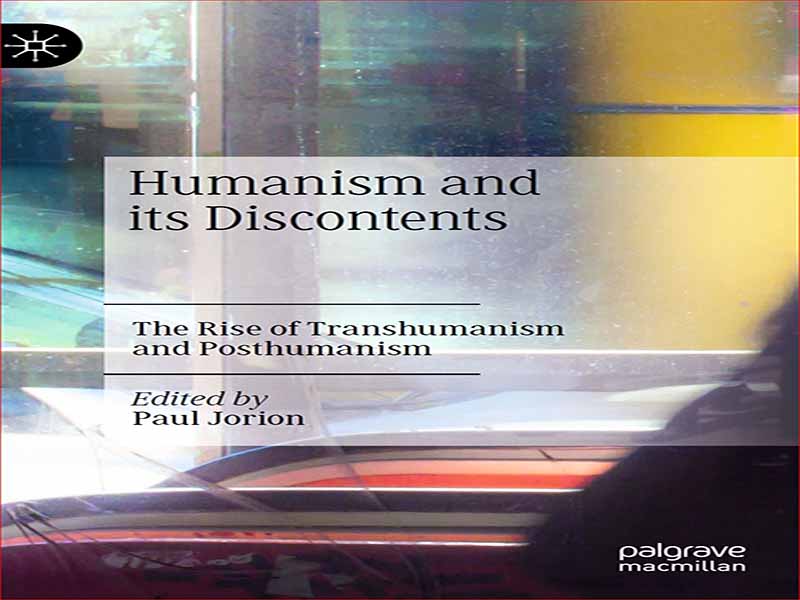Humanism was defined by two pronouncements in the Book of Genesis: Man was made to God’s image and God had entrusted Man with the dominion of all creatures. The Homo Imago Dei part of the Christian definition went into a crisis in the eighteenth century with the Enlightenment and was henceforth dropped for all practical purposes. The rise of different types of anti-humanism or, one should rather say, varieties of neo-humanism, such as Nietzsche’s superhumanism, posthumanism, transhumanism and del Val and Sorgner’s metahumanism (2010), finds its origin in the crumbling of humanism over the centuries due to doubts accumulating around the Western view of humankind rooted in the Homo Imago Dei, and of its follower: the perfectible Man of an Enlightenment enamoured with never-ending progress.

نظرات کاربران